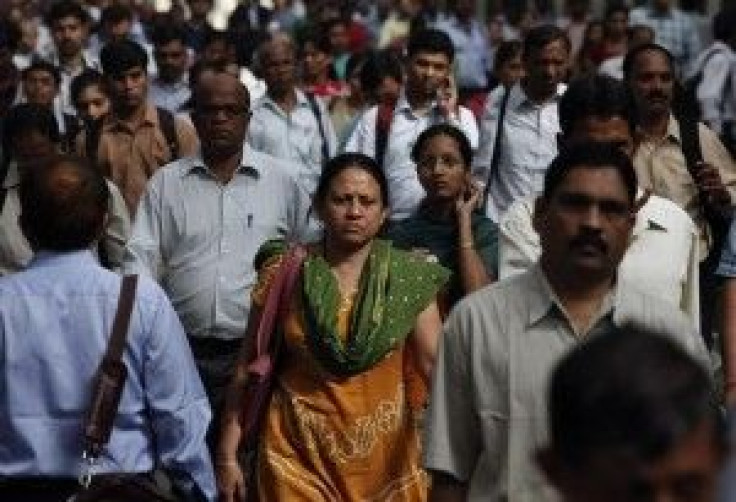Budget 2012-13: Expectations and Exigencies

The Union budget has always provided major policy direction which has been anxiously awaited by the common man and the industry. But over the years, the tax system has become more crystallised and yet expectations have not ceased.
Mumbai Railway Station
The common man was put on the pedestal for the first time in 2009 with emphasis on inclusive growth. His main interest is really on the expenditure side of the budget since he is outside the tax net. But the middle-class which has been tortured by high inflation for the past 20 months expects and may get some relief from income tax with the exemption limit possibly raised to 200,000 rupees.
The Mahatma Gandhi National Rural Employment Guarantee Act (MGNREGA) is a major initiative which benefited the common man in rural areas and created a shortage of labour about which the Minister of Agriculture had a lot to complain. MGNREGA involves an annual expenditure of 400 billion rupees and, combined with the proposed food security bill, will address the poverty issue squarely.
There is a possibility, however, that some other benefits extended to the common man may be curbed. That is true, for instance, of subsidies on kerosene, diesel and LPG which involve huge expenditures and have made the Finance Minister spend sleepless nights. Subsidies mop up nearly 30 percent of the tax revenue, leading to a sharp increase in revenue deficit which, in the first 10 months of the current year, has already exceeded the budget provision.
The shortfall in resources with the government and the 400 bps increase in interest rate on private debt combined to reduce investment in the economy. In the fourth quarter of 2011, investment dropped from 30 to 28 per cent of GDP. Industry is not inclined to add to capacity because demand for homes, for white goods, automobiles, and so on which are purchased on credit has shrunk. The result? GDP growth is down to 6.1 percent.
The conditions today are almost like those in 2009. There is an immediate need of course correction. It is legitimate for industry to expect that the Finance Minister will budget for investment-linked incentives like an increase in the rate of depreciation, reduction of Minimum Alternative Tax (MAT), cut in corporate tax and Securities Transaction Tax (STT), which together can pep up capital market, investment and growth.
Expectations are high for reforms since the next budget may be the last opportunity for the UPA government before the next general elections. The Finance Minister may bring back FDI in multi-brand retail and allow private airlines to go in for foreign equity.
Wish lists do not generate revenues and the Minister will have to scout for new sources of funds to reduce the deficit. Two are most likely - extension of service tax to all services with a negative list and increase in excise duty from 10 to 12 percent to bring it in alignment with the Goods and Services Tax (GST).
The Finance Minister has the tough job of reconciling expectations and exigencies. But the latter will have to have priority.
(The views expressed in this column are of the author's)
© Copyright Thomson Reuters 2024. All rights reserved.











